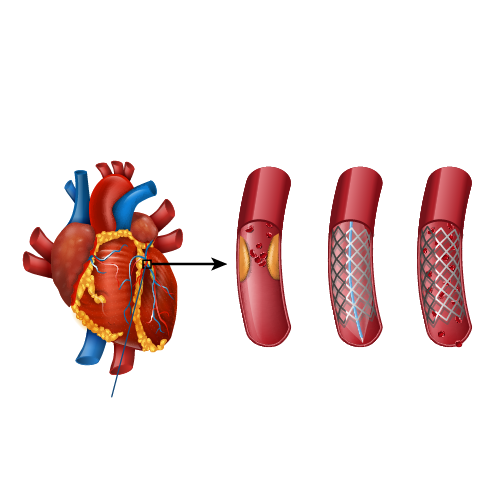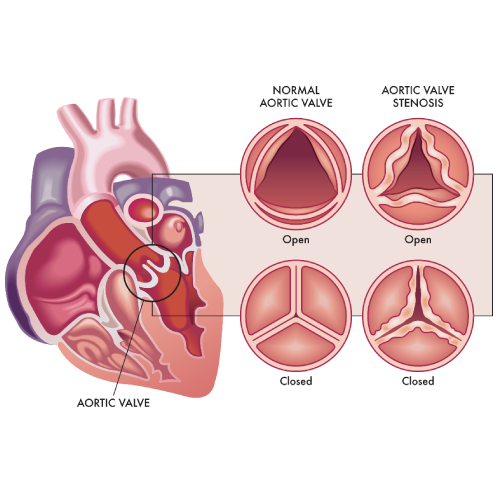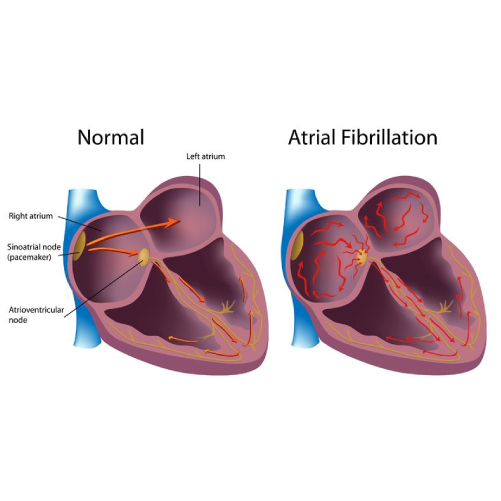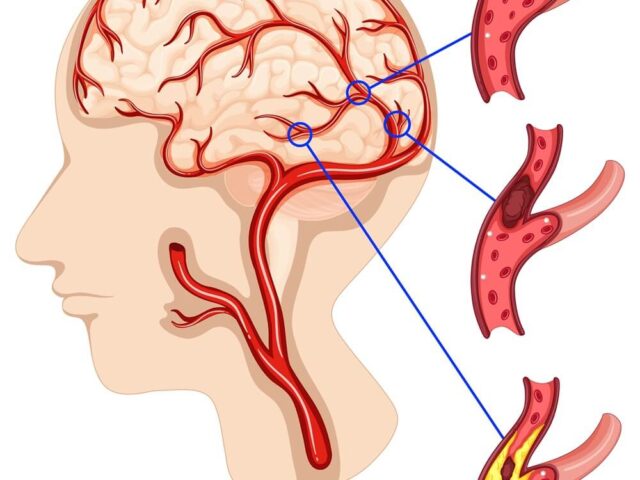High-Sensitivity Troponin: Revolutionizing Cardiac Biomarker Detection


Cardiovascular diseases (CVDs) remain a leading cause of morbidity and mortality worldwide. Timely and accurate diagnosis is crucial for effective management and improved patient outcomes.
In recent years, the advent of high-sensitivity troponin assays has revolutionized cardiac biomarker detection, offering unprecedented precision and early detection capabilities.
In this article, we will explore the significance of high-sensitivity troponin in cardiovascular medicine, its clinical applications, and the impact it has on patient care.
A Closer Look at Troponin
Troponins are regulatory proteins integral to muscle contraction. Cardiac troponin tests have become a cornerstone in the diagnosis of acute myocardial infarction (AMI) or heart attack. The troponin complex consists of three subunits: troponin C, troponin I, and troponin T. Among these, troponin I (cTnI) and troponin T (cTnT) are cardiac-specific isoforms. This makes them valuable biomarkers for cardiac injury.
Traditionally, troponin assays were designed as conventional assays, lacking the sensitivity needed to detect minimal cardiac damage. The introduction of high-sensitivity troponin assays, also known as HS troponin assays, has overcome these limitations. It allows for the measurement of troponin levels at lower concentrations with greater accuracy.
High-Sensitivity Troponin Assays: What Are They?
High-sensitivity troponin assays have a lower detection limit, enabling the identification of troponin concentrations that were previously undetectable. These assays have significantly enhanced the ability to diagnose acute myocardial infarction, especially in the early stages.
The conventional troponin assays had a turnaround time of several hours, delaying the diagnosis and initiation of treatment. High-sensitivity troponin assays, however, offer results in a much shorter timeframe, often within one to two hours of symptom onset. This rapid turnaround time is critical for timely decision-making in emergency departments.
Clinical applications of high-sensitivity troponin assays include:
Early Detection of Myocardial Infarction
High-sensitivity troponin assays excel in the early detection of myocardial infarction. The ability to detect troponin at lower concentrations enables physicians to identify cardiac injury in its earliest stages, allowing for prompt intervention and improved patient outcomes.
Risk Stratification
High-sensitivity troponin assays provide more detailed information about the extent of myocardial damage, allowing for better risk stratification. This is invaluable in determining the appropriate level of care and follow-up for patients.
Monitoring Chronic Heart Conditions
These assays are not limited to acute settings; they also find utility in monitoring chronic heart conditions. Serial measurements of high-sensitivity troponin levels can help assess disease progression and guide treatment strategies for conditions such as heart failure.
Challenges and Considerations
While high-sensitivity troponin assays offer numerous benefits, there are challenges and considerations to be aware of:
Increased Sensitivity, Increased False Positives
The heightened sensitivity of these assays can lead to the detection of troponin in conditions other than acute myocardial infarction, such as chronic kidney disease, sepsis, or pulmonary embolism. Careful clinical correlation is essential to avoid unnecessary interventions.
Variability in Assay Platforms
Different manufacturers produce high-sensitivity troponin assays with varying analytical characteristics. Clinicians must be aware of the specific assay used in their institution and its associated reference ranges.
Educational Imperative
Healthcare professionals need adequate training to interpret high-sensitivity troponin results accurately. Continuous education is essential to keep clinicians abreast of the latest developments in troponin testing and interpretation.
The Way Forward
As technology continues to advance, further refinements in high-sensitivity troponin assays are anticipated. Future developments may include multiplex assays that simultaneously measure multiple cardiac biomarkers, providing a more comprehensive view of cardiac health.
Moreover, ongoing research aims to explore the potential role of high-sensitivity troponin in predicting long-term cardiovascular events and guiding personalized treatment strategies.
Conclusion
High-sensitivity troponin assays have transformed the landscape of cardiac biomarker detection, offering unparalleled sensitivity and rapid results. The ability to detect minimal cardiac damage early on has significant implications for patient care, allowing for prompt intervention and improved outcomes. As these assays become more widely adopted, ongoing research and education will be essential to harness their full potential and ensure their judicious use in clinical practice.
Dr. C Raghu is a well-known interventional cardiologist based out of Hyderabad. If you or anyone you know is looking for treatment for cardiovascular ailments, reach out to Dr. Raghu today.
Book Online Consultaion
High-Sensitivity Troponin: Revolutionizing Cardiac Biomarker Detection
Subscribe the Hearty Life Blogs

DR. RAGHU | Best Cardiologist in Hyderabad
Cardiology Coronary, Vascular and
Structural Interventions
Conditions & Diseases

Angioplasty

Aortic Stenosis

Atrial Fibrillation






